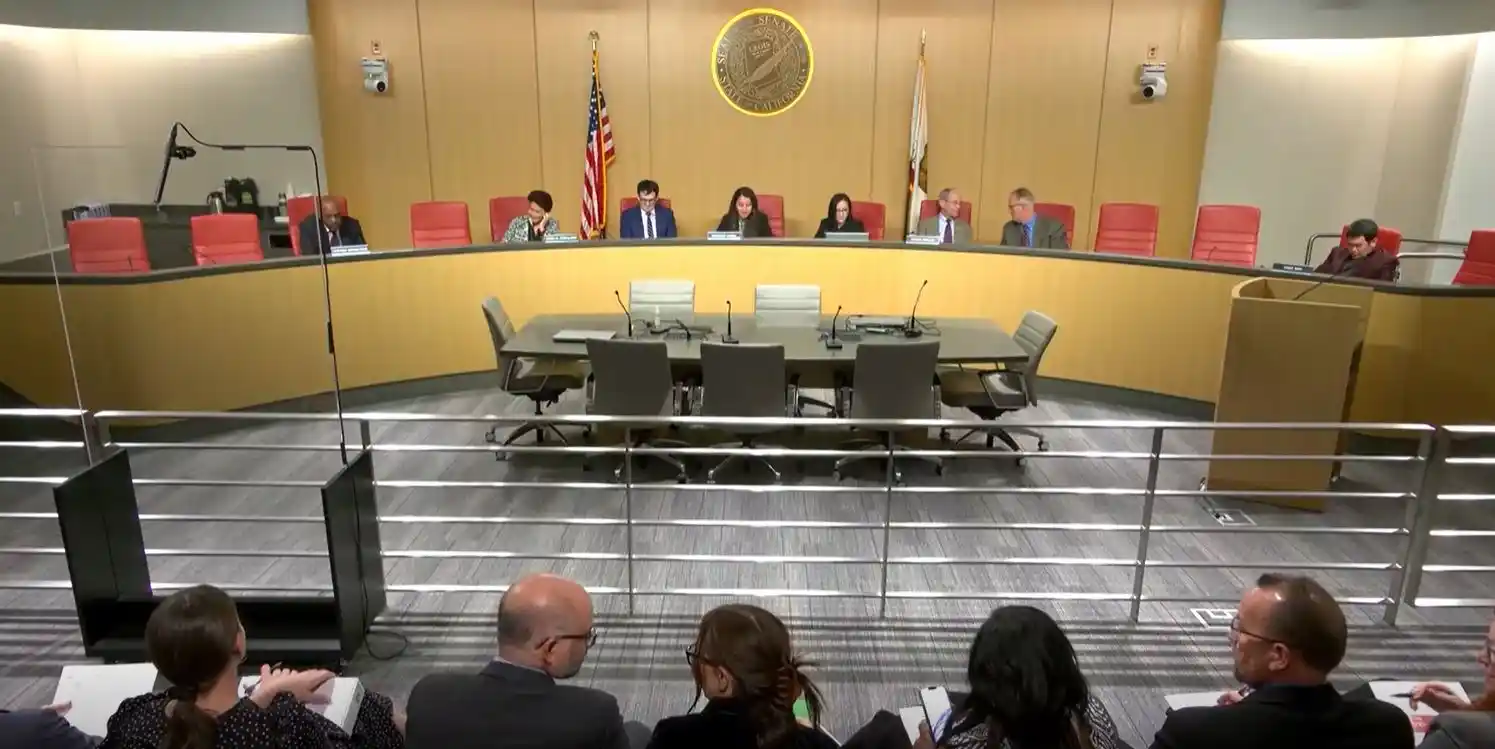The OCC is pressing banks to ease discrimination against cryptocurrency businesses. The notice could have big implications for banking crypto.
While the purpose of the BitAML blog is primarily to educate cryptocurrency business owners and entrepreneurs about AML compliance topics, we do occasionally grab small regulatory stories that could have big implications for the industry.
Regulatory shifts in crypto tend to happen quickly, so when we notice the tea leaves coming together in subtle ways that may have profound effects, we like to grab you by the sleeve and say, “hey, this is worth paying attention to.”
Today we’re focusing on such a story, one that could have big implications for banking crypto.
It’s actually part of a broader story we’ve been watching for some time — regulators have recently turned the heat lamps on traditional banks, and have been pressing them to clarify and revisit their practices when it comes to cryptocurrency.
FinCEN director Kenneth Blanco recently prodded banks in a keynote address, warning them that their compliance measures for understanding their crypto risk exposure aren’t cutting it.
This story is in the same vein. The Office of the Comptroller of the Currency (OCC) is proposing a rule change that would push traditional banks to exercise more fairness when it comes to choosing which businesses to provide banking services to.
In the public notice, the OCC recommends banks exercise the “principle of individual rather than category-based customer risk evaluation.” (This right here is why we invoked the Director Blanco story — we’ll explain).
In essence, the OCC is telling banks to “ease up” on “disfavored businesses,” which has traditionally included cryptocurrency.
What does this mean for cryptocurrency businesses? Can you rush out and get a bank account today?
Let’s explore.
Two points of pressure on banks: OCC and FinCEN
To date, banks have been suspicious of cryptocurrency for the same reasons law enforcement and regulators are — it’s a new technology, which means there’s an axiomatic assumption of a higher risk profile for financial crime and money laundering.
This is conventional wisdom for good reason. The cryptocurrency space has seen its fair share of scams and scandals.
However, as consumer adoption steadily increases and regulators and law enforcement have time to understand the new technology, broader institutional acceptance and new rules and regulations follow. An industry becomes “normalized.”
What we’re seeing right now is part of that process. Regulators are pushing traditional financial services to adapt.
We brought up the Director Blanco story for an important reason. Banks have taken a firm stance on cryptocurrency. Generally, if they receive an application for a bank account from a business they suspect is involved in cryptocurrency, they’ll simply deny services.
However, the way this works in practice has exposed banks to an enormous amount of risk. They’ll typically look for certain keywords or phrases in business applications, and if they sound “like crypto,” the bank will say no.
This has resulted in all of the top 10 U.S. retail banks unwittingly banking cryptocurrency businesses. One estimate suggested that a typical large U.S. bank processes billions of cryptocurrency-related transactions every year.
The OCC has already slapped institutions on the wrist for this.
And FinCEN has noticed.
At the ACAMS AML Conference in September, Director Blanco delivered a keynote in which he *strongly hinted* that exposure to crypto will feature heavily in future examinations.
His message: banks don’t understand their exposure to crypto, and they must remedy that.
The recent OCC Notice sharpens the point.
By focusing banks on the “principle of individual rather than category-based customer risk evaluation,” Comptroller of the Currency Brian Brooks is telling banks to provide fair banking access based on individual merit, rather than simply hand-waving and dismissing a business because of its industry.
In layman’s terms, FinCEN was telling banks that arbitrary dismissal of crypto isn’t actually helping them understand their risk, or protecting them from risk. We agree.
Brooks is saying that banks need to do a better job of demonstrating why they refuse to bank certain businesses. “It’s crypto” isn’t enough. Show your work, Brooks suggests.
What does this mean for crypto businesses?
Both of these stories put banks in a tough spot. There’s not much wiggle room for them here.
They wouldn’t want to invite more regulatory scrutiny by justifying their current practices. It would be a self-own of sorts — they don’t want to look like they aren’t sufficiently investing in AML personnel and resources such to follow the OCC’s proposed rule.
It’s a “show your cards” moment for banking crypto.
Now, does this mean that you can rush out and open a bank account now?
Not quite.
But…
In response to the OCC proposal, Marco Santori CLO of Kraken, accurately points out that “crypto OGs know the single greatest impediment to widespread adoption has been and continues to be the lack of access to banking services.”
Business owners in crypto have had their accounts blocked, their applications thrown out, and phones hung up on them. No matter what they do, or how much they demonstrate a commitment to AML compliance and other regulations, banks have traditionally discriminated against them with no other justification than “because crypto.”
Brooks and the OCC are saying that’s wrong. And to hear that from a regulator is significant.
Key takeaways
Let’s not get too excited yet. There’s no solution on the table. But if you run a cryptocurrency business and have been self-regulating effectively, you may have an advantage in whatever comes next.
This will force banks to be accountable. To provide justification. The days of just hanging a sign and saying “no” are coming to an end.
In this process, banks will need to develop real criteria detailing the reasons why they refuse to bank crypto. With that criteria, we as an industry will gain real insight into the elements we need to reconcile or improve upon for bankers to feel comfortable banking crypto.
By forcing banks to think about and document the reasons why they don’t work with crypto, they may come to realize that it’s been years since Silk Road and all of the legacy baggage they’ve associated with the industry.
We can hope that their exploration will open some minds. But if for nothing else, it’ll give us some real insights to chew on. That will help us move the ball forward.


